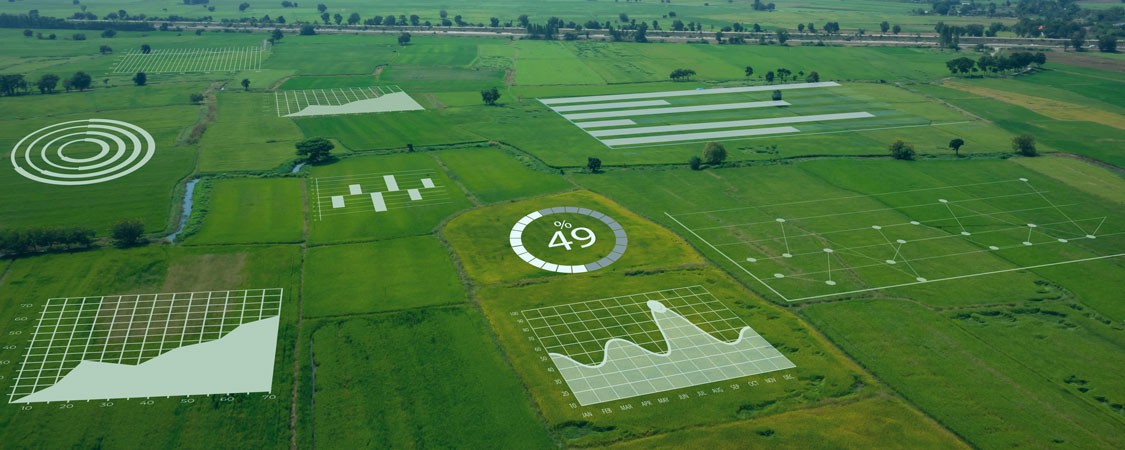



Article by: Hari Yellina (Orchard Tech)
Agriculture will soon be worth A$100 billion a year to Australia. The industry employs more than 250,000 people, stewards 80% of our land area and drives world-class agribusiness and food sectors. In an uncertain employment market, every new agriculture graduate has a choice of six job opportunities. Agriculture today is fast-paced, global, diverse, reliant on high-end scientific discovery and increasingly responsive to consumers’ concerns about provenance, ethics and health. Despite all this, agriculture still fails to grip the imagination of many of our brightest students.
In Australia, about 300 to 400 students graduate with some form of agriculture degree each year. With 17 universities offering significant agriculture studies, this would amount to only 23 students per university each year. However, the numbers are declining. As a growth sector with many jobs on offer, why does it lack appeal for students? Do we have the right model to attract the school leavers agriculture needs?
Part of the problem is social: agriculture doesn’t attract much attention apart from when Australia is on fire, covered in dust, flooded by water or when crops are dying of thirst. Parents and students associate agriculture with rural parched landscapes and struggling farmers, not high-technology science and genetics to produce the best meat or crops. The world of agriculture may start in a rural town far from Sydney Harbour, but it ends up in the commodity markets of London, Paris and New York and underpins some of the world’s most successful companies. And it does this with the help of some of our most innovative scientists.
To attract the best school leavers, it is vital that what we offer students is as exciting, diverse and challenging as the sector is becoming. To borrow a federal government term, the job-ready (agriculture) graduate of tomorrow needs to experience and understand best-practice regional farming systems. This is agriculture that’s in sync with a diverse landscape and resilient to climate change.